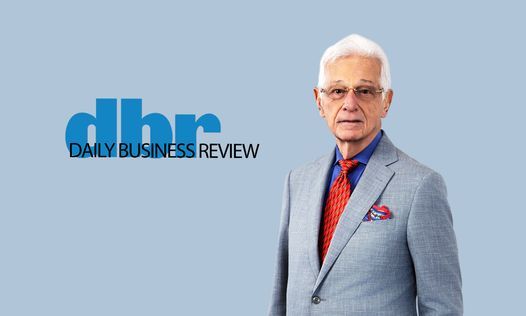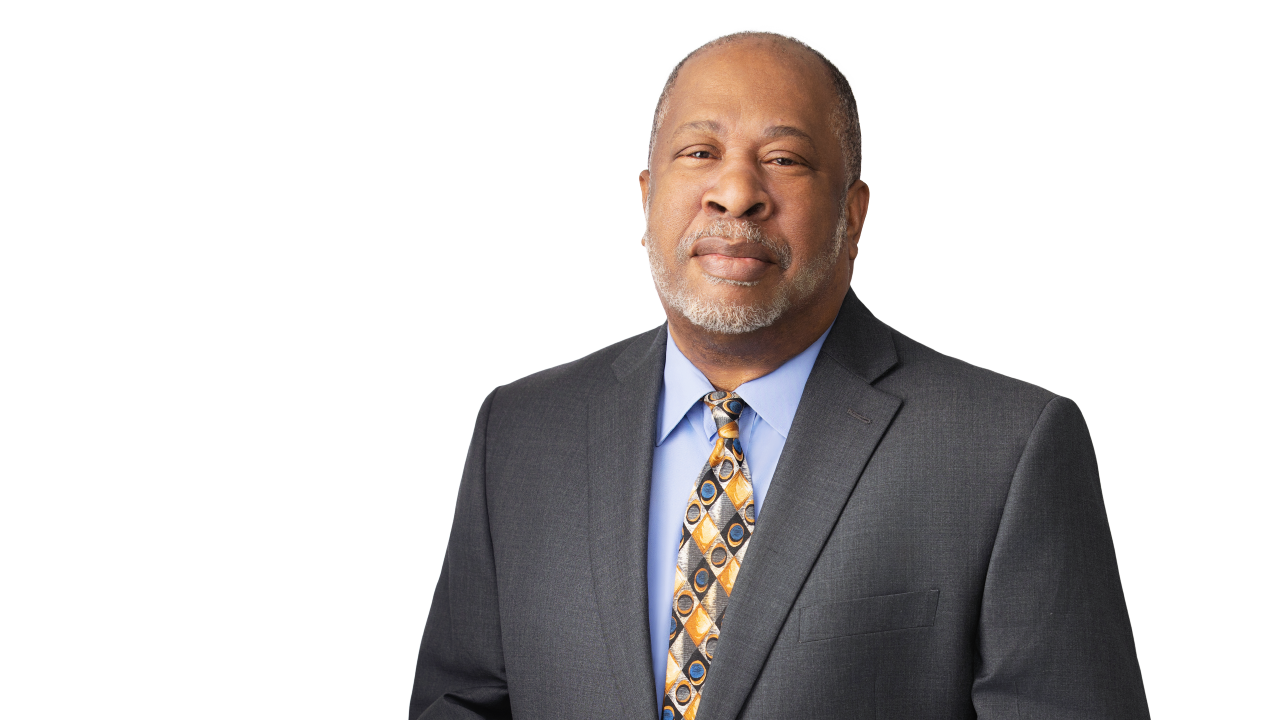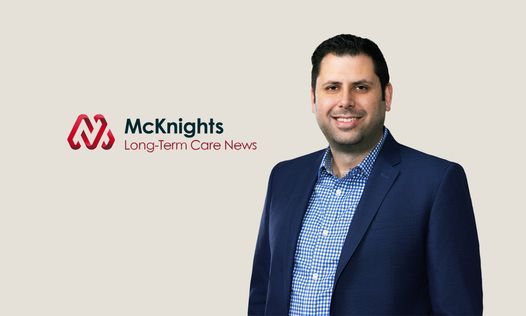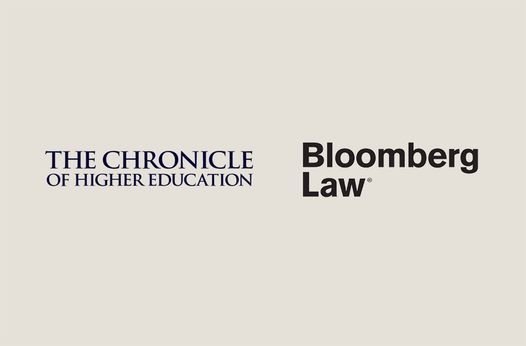COVID-19 Compliance Issues For Federally Qualified Health Centers
Healthcare Alert | 7 min read
Apr 9, 2020
On March 24, 2020, Health Resources & Services Administration (HRSA) released newly updated Novel Coronavirus (COVID-19) Frequently Asked Questions (FAQs), which outline multiple COVID-19 related issues for federally qualified health centers (FQHCs). A summary of the FAQs, prior HRSA guidance related to public health emergencies, and the impact of a new CMS Interim Rule is provided below.
FQHC Governing Board Oversight and Monitoring
Board of Directors Oversight
FQHC governing boards have the responsibility for ensuring that emergency operations plans are in place, discussing resource needs for the FQHC, and continuing to meet monthly per HRSA requirements. Boards should also consider FQHC budgetary implications of responding to COVID-19 and support CEOs in ensuring that the FQHC workforce is supported during the public health emergency.
Board of Directors Meetings
FQHC Boards of Directors must continue monthly meetings, and monthly board meetings must still have a quorum as set forth in their bylaws. FQHC governing boards and committees may conduct required monthly meetings virtually instead of in-person, as permitted by the Health Center Program Compliance Manual, which provides that where geography or other circumstances make monthly, in-person participation in board meetings burdensome, FQHCs may conduct monthly meetings by telephone or other means of electronic communication where all parties can both listen and speak to all other parties.
HRSA Oversight and Monitoring
Compliance with Program Requirements
HRSA will consider the impact of the COVID-19 public health emergency on the ability of health centers to demonstrate compliance with FQHC Program requirements when making future compliance determinations.
HRSA Site Visits
HRSA will postpone all site visits planned through at least June 30, 2020. BPHC will reschedule the postponed operational site visits and all other site visits as soon as is practical. HRSA has postponed all FQHC look-alike pre-designation site visits planned through at least June 30, 2020.
Emergency Preparedness - Providing Care During Emergencies
Continuity of Care
FQHCs are required to continue provision of ongoing preventive and primary care to their patients, consistent with the Emergency Preparedness Requirements for Medicare and Medicaid Participating Providers and Suppliers Final Rule. FQHCs must follow emergency plan policies and procedures that they have developed for their facilities and implement their emergency preparedness communication plan based on their CMS-required annual risk assessments and trainings. FQHCs must coordinate with state and local health departments as part of the FQHCs' emergency management planning, preparedness, mitigation, and response efforts.
340B Pharmacy Services
In a declared emergency, an abbreviated health record may be utilized for purposes of the 340B Program. The record must identify the patient, record the medical evaluation (including any testing, diagnosis or clinical impressions) and the treatment provided or prescribed. For purposes of 340B Program eligibility, the record may be a single form or note page. Where volunteer health professionals are providing health care, emergency documentation should be generated to make the relationship between the provider and the FQHC clear and to make clear the FQHC's responsibility for providing care.
Compliance with Public Health Guidance
FQHCs should follow all applicable public health guidance from federal, state, territorial, and local public health authorities regarding the modification or cessation of the delivery of specific service, including in-person engagement events. FQHCs should cancel, postpone or reschedule any in-person engagement events given governmental mandates for social distancing to prevent the spread of the coronavirus.
Scope of Services
Home Health Care Services
A recent CMS Interim Rule waives the home health shortage area requirements for home health care services for the duration of the COVID-19 public health emergency. FQHCs can now provide and be reimbursed for home health care (including visiting nurse care) when the patient is considered "confined to the home," as that term is defined for purposes of Medicare home health; the services are provided under a written plan of treatment; the nursing services are provided on a part-time or intermittent basis; and drugs and biological products are not provided. Home confinement may constitute having a chronic condition that may make the patient more susceptible to contracting COVID-19.
Site Closures
FQHCs do not need to submit a change in scope request to HRSA in cases where they are temporarily closing a site due to the public health emergency. FQHCs should ensure their patients are made aware of closures and where and how to seek care at other service delivery sites as appropriate. If a FQHC determines that it will permanently close a site after the public health emergency, it must submit a change in scope for HRSA approval to delete the site.
Changes in Level or Intensity of Services
No change in scope is necessary if an FQHC is changing the level or intensity of certain services within the scope of project. If an FQHC permanently removes a service from its scope of project, a change in scope request to delete the service will need to be submitted for HRSA approval.
Telehealth and Communication Technology Based Services
Telehealth Services
Eighty (80) additional services may be furnished via telehealth during the public health emergency, including initial patient inpatient visits, home visits, initial nursing facility visits, telephone evaluation and management services, and others in the list of eligible telehealth services.
Communication Technology Based Services
Physicians can provide direct supervision virtually through audio/video real-time communications technology. Remote physiologic monitoring services can now be furnished to new patients and can be used for either chronic or acute conditions.
Eligible Patients and Providers for Telehealth Services
FQHC providers may deliver in-scope services via telehealth to individuals who have not previously presented for care at a FQHC site and who are not current patients of the FQHC for the duration of the public health emergency as long as the telehealth visit is within her FQHC's scope of project. FQHCs do not need to request a change in scope to deliver in-scope services on behalf of the FQHC from the provider's home or from another location that is not a Form 5B Service Site.
Telehealth Modalities
FQHC telehealth visits may utilize mobile device technologies such as Apple FaceTime, Facebook Messenger video chat, Google Hangouts video, or Skype as permitted by the HHS Office for Civil Rights Notification of Enforcement Discretion for telehealth remote communications during the COVID-19 nationwide public health emergency.
FQHC Distant Site Provider Status
During this emergency period, FQHCs and Rural Health Clinics (RHCs) are now eligible to provide telehealth services to Medicare beneficiaries as distant site providers. The Coronavirus Aid, Relief, and Economic Security (CARES) Act revises the definition of a distant site to include FQHCs or RHCs that furnish a telehealth service to an eligible telehealth individual during the COVID-19 public health emergency period. Rural and site limitations are removed, so that telehealth services furnished during the emergency period can be provided regardless of the geographic location of the Medicare beneficiary, including if the patient is at home. Telehealth services include medical outpatient office visits, behavioral health services, and other visits currently eligible under the Medicare telehealth reimbursement policies. In order to be eligible for reimbursement, providers must use telecommunication systems with both audio and video capabilities for two-way, real-time interactive communication.
FTCA Coverage
Temporary Credentialing and Privileging
Temporary credentialing and privileging for all practitioners responding to declared public health emergencies at impacted FTCA deemed FQHCs, including volunteers, temporary privileges (also known as expedited credentialing and privileging) may be granted by the CEO or Executive Director of the impacted FQHC, upon expedited review and verification of the professional credentials, references, claims history, fitness, professional review organization findings, and license status of providers. (See, Temporary Privileging of Clinical Providers in Emergency Situations - PAL 2017-07).
FTCA Coverage
FQHC services are eligible for liability protections under the FTCA for undertaking activities that are within the health center's scope of project when in-scope services are provided through telehealth on behalf of a deemed health center to either established patients or individuals who are not patients of the health center, and all other FTCA Program requirements are met. In addition, FTCA coverage has been extended to volunteer clinicians providing COVID-19 related services to FQHC patients. HRSA has extended the CY 2021 deeming application cycle deadline from May 14, 2020, to July 13, 2020. (See, FTCA Coverage When Responding to Emergency Events).
Temporary Sites
FQHCs can temporarily add sites (including tents, modular units, or trailers) that are not currently within their scope of project by providing certain key information to their Project Officer by email or phone. Temporary sites must be locations that meet the definition of a service site in PIN 2008-01: Defining Scope of Project and Policy for Requesting Changes as a location where all of the following conditions are met:
- FQHC encounters are generated by documenting in the patients' records face-to-face contacts between patients and providers; and
- Providers exercise independent judgment in the provision of services to the patient; and
- Services are provided directly by or on behalf of the grantee, whose governing board retains control and authority over the provision of the services at the location; and
- Services are provided on a regularly scheduled basis.
Hinshaw has a team of health care law attorneys monitoring HRSA, Medicare, Medicaid, and other policies and regulatory responses to COVID-19 for FQHCs. Please contact your Hinshaw attorney with any questions and for additional guidance on how other COVID-19 considerations may impact your Federally Qualified Health Center. Hinshaw has also published additional guidance regarding how companies can address other COVID-19-related business and legal issues.
Related People
Related Capabilities
Featured Insights

Employment Law Observer
Dec 8, 2025
12 Days of California Labor and Employment: 2025 Year in Review

Press Release
Dec 4, 2025
Hinshaw Recognized by the Leadership Council for Legal Diversity as a 2025 Top Performer

Press Release
Nov 25, 2025
Hinshaw Legal Team Secures Summary Judgment in Gas Station Injury Case

Press Release
Nov 18, 2025
Hinshaw Releases the Third Edition of Duty to Defend: A Fifty-State Survey

In The News
Nov 13, 2025
A Profile on Neil Rollnick: After 57 Years in Practice, He Has No Plans to Retire

Press Release
Oct 22, 2025
Hinshaw & Culbertson LLP Launches New Website and Refreshed Brand







